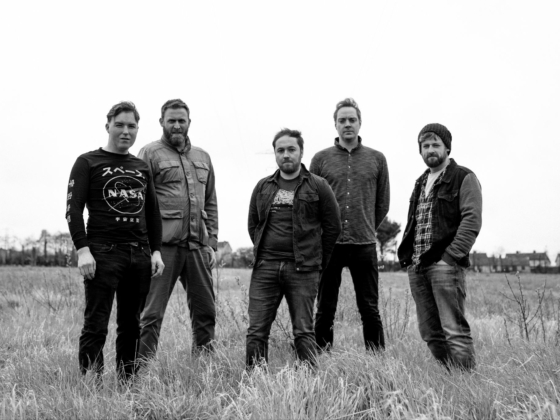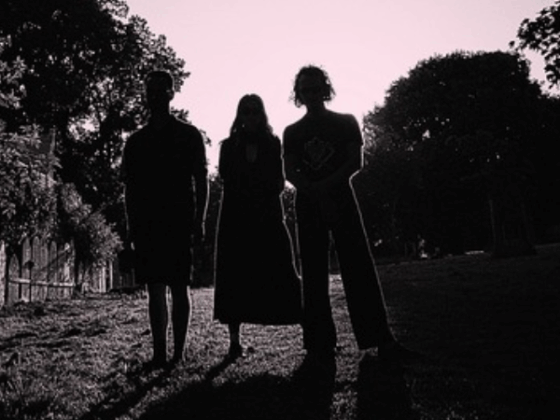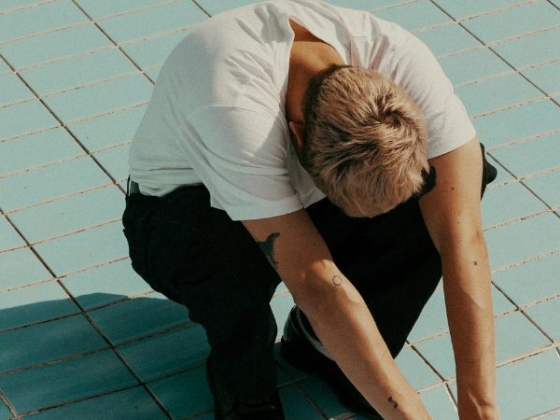Returning once again to the rolling green of Ashton Court in Bristol, Love Saves The Day cemented its place as one of the UK’s essential summer festivals. Known for its eclectic blend of house, drum & bass, garage, jungle, pop and everything in between, the two-day event sprawled across multiple stages. From the towering Love Saves stage and the enclosed chaos of The Big Top, to the energy-packed Brouhaha, Centre stage and intimate Dubtendo corner, Sunday brought an electric mix of sunshine, heavy bass lines, nostalgic throwbacks and standout live moments that rounded off the weekend in style .

Groove Armada b2b with Eats Everything kicked off the afternoon with warmth and feel-good house energy. Dance classics like "Pump Up The Jam" and and "Drop The Pressure vs. Doctor Beat" mashup kept the crowd bouncing. But Groove Armada's continuous teasing of their own anthem "Superstylin’" and never giving the crowd the full track or original drop became more frustrating than fun. It felt like a tactic to keep the crowd hanging on until the end, but for many (ourselves included), it backfired and encouraged us to explore other stages. Having to compete with with other household names on other stages, their tactic is understandable (but unnecessary as they attracted a massive crowd). However, it's much more appreciative to give the crowd what they want and trust in their decades of fans instead of teasing it out throughout the set.
We arrived just in time to catch the last 10 minutes of Lady Shaka on the Dubtendo stage accompanied by Nintendo character dancers, who served up her signature edits, including an unexpected and entertaining Crazy Frog rework that turned heads and raised eyebrows in the best way. Shy FX made a triumphant return to the Love Saves main stage, delivering a hybrid of old-school jungle and fresh cuts like his remix of "Disconnect" by Becky Hill and Chase & Status. However, quieter sound at the front of the stage slightly dulled the impact, oddly louder toward the back than up front, which felt like a missed opportunity.
Over at Brouhaha, Girls Don’t Sync brought pure energy, fusing UKG and house with live edits and slick transitions that kept the crowd surging. It was one of those sets where the DJs were having as much fun as the audience, and it showed. Back in The Big Top, Mandidextrous unleashed a ferocious blend of drum & bass and speed bass, backed by jaw-dropping pyrotechnics. It was an intense, full-throttle set that stood out as one of the most visually and sonically explosive sets of the day.
Back on Brouhaha, a standout b2b from Special Request and Ewan McVicar delivered heavy-hitting club tools mixed with euphoric festival classics like "Finally" by Kings of Tomorrow and "The Bomb" by The Bucketheads among the many crowd-pleasers that turned the stage into a singalong frenzy.

Surprisingly, Skream & Benga drew a noticeably smaller crowd on the Love Saves stage than expected, a stark contrast to their packed-out sets at Glastonbury and Boomtown last year. Perhaps a result of stage clashes, but it didn’t reflect the usual hype that follows the dubstep pioneers. Later, Sota lit up the Big Top with a relentless drum and bass set, fusing high-octane originals with clever flips of R&B staples. His command over the tempo and pacing made it a firm highlight for bass heads.
To wrap up the weekend on the Love Saves stage, was none other than Nia Archives, who proved once again why she’s become a festival favourite. Her newest single "Get Loose" lit up the crowd with a final burst of energy, while tracks like "Mash Up The Dance" (with Watch The Ride) had the crowd skanking right to the final beat. With her own vocals and boundless stage presence, the junglist queen gave Love Saves 2025 the sendoff it deserved.
Again, Love Saves The Day 2025 proved once again why it remains a cornerstone of Bristol’s festival season. Whilst we had huge FOMO from Saturday, Sunday in particular showcased the depth of its lineup and the city’s love affair with bass, rhythm, and dance floor culture. With unforgettable sets, rising stars standing in the spotlight, the weekend ended on a high that’ll be hard to top.
For further information on tickets for next year, head to lovesavestheday.org
Or connect with Love Saves The Day on socials for updates: Facebook, | Twitter | Instagram | TikTok.















